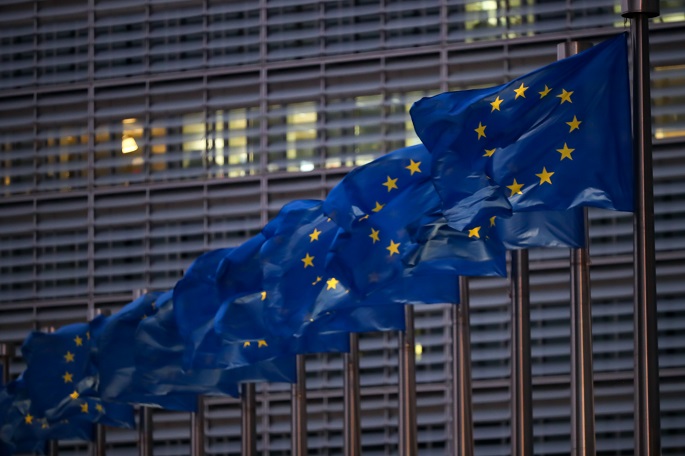Euro area recovery poised to start, uncertainty looms
Published : 05 Apr 2021, 23:50
After a difficult first quarter of 2021, confidence in the euro area economy rose at the end of March. Forecasters predicted that a recovery is likely in the following quarters but also cautioned uncertainty surrounding the pandemic and the vaccine roll-out, reported Xinhua.
Euro area economic activity contracted less than expected in the fourth quarter last year, yet the uptick in momentum was met with headwinds in the first months of 2021 amid the ravaging pandemic, prolonged containment measures, and a sluggish vaccine roll-out.
Last week, the German Ifo Institute, the KOF Swiss Economic Institute, and the Italian Istat Institute, jointly forecast economic output in euro area economy in the first quarter to have fallen by a further 0.4 percent compared with the previous quarter.
The second quarter is expected to see a growth of 1.5 percent, followed by 2.2 percent in the third quarter, according to the Ifo Institute.
The manufacturing sector is a major source of optimism, driven at least in part by strong foreign demand. In Germany, Europe's largest economy, the manufacturing Purchasing Managers' Index (PMI), a key gauge for the industry, jumped from 60.7 percent in February to 66.6 percent in March.
In parallel, the latest survey from Ifo showed "a feeling of great optimism" among German exporters. Ifo Export Expectations index climbed from 11.9 points to 24.9 points in March, the highest since January 2011, benefiting from strong economic activity in Asia and the United States, the institute said.
Other major economies in the euro area, including France, Italy and Spain, also saw their March manufacturing PMI rise from preliminary estimates.
Growth in capital investment likely stagnated in the first quarter, but will probably get support by a timely start of the distribution of the Next Generation EU funds and a speed-up of the vaccination campaign in the following months, Ifo and the other two institutes said, predicting that private consumption is to rebound in the second and third quarters after a drop in the first due to containment measures.
To add to the positive news, the European Commission revealed on Wednesday that about 107 million vaccines will be delivered to European Union member states by the end of March, with plans for a major ramp-up of deliveries.
However, the evolution of the pandemic and the speed of the vaccination campaign could complicate the bloc's near-term economic outlook.
Over the past week, many European countries, embracing a possible and worst third wave of COVID-19, tightened their lockdown measures before the Easter holidays.
Meanwhile, the European Central Bank seems to have taken a more cautious stance in economic projections.
"The near-term economic situation continues to be dominated by high uncertainty amid the ongoing race between the roll-out of vaccination campaigns and the spread of the virus," the bank's chief economist Philip Lane said in a blog post on Thursday.
"The further extension of lockdown measures will leave an imprint on activity in the second quarter, although the vaccination campaigns are expected to gain traction in the coming weeks," said Lane.
In the economic bulletin report published on March 25, the bank also said economic developments remain uneven across countries and sectors, with the services sector being more adversely affected by the restrictions on social interaction and mobility than the industrial sector.


